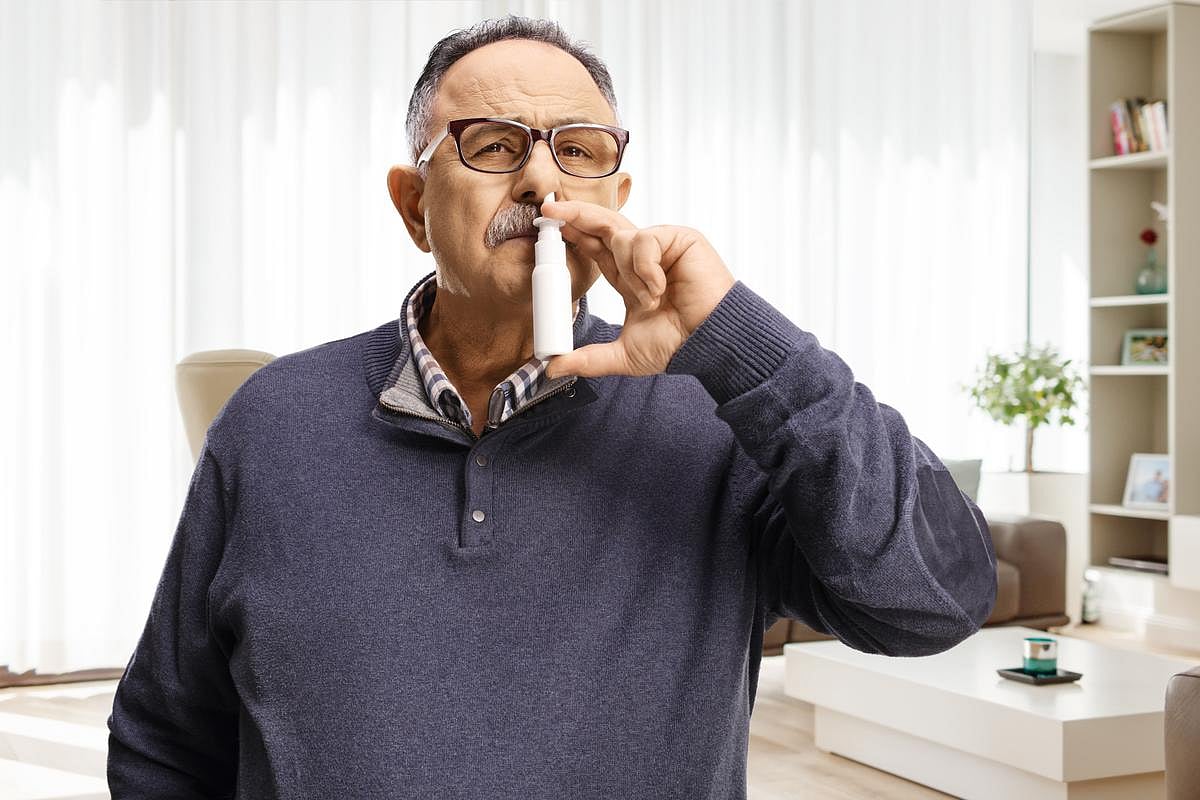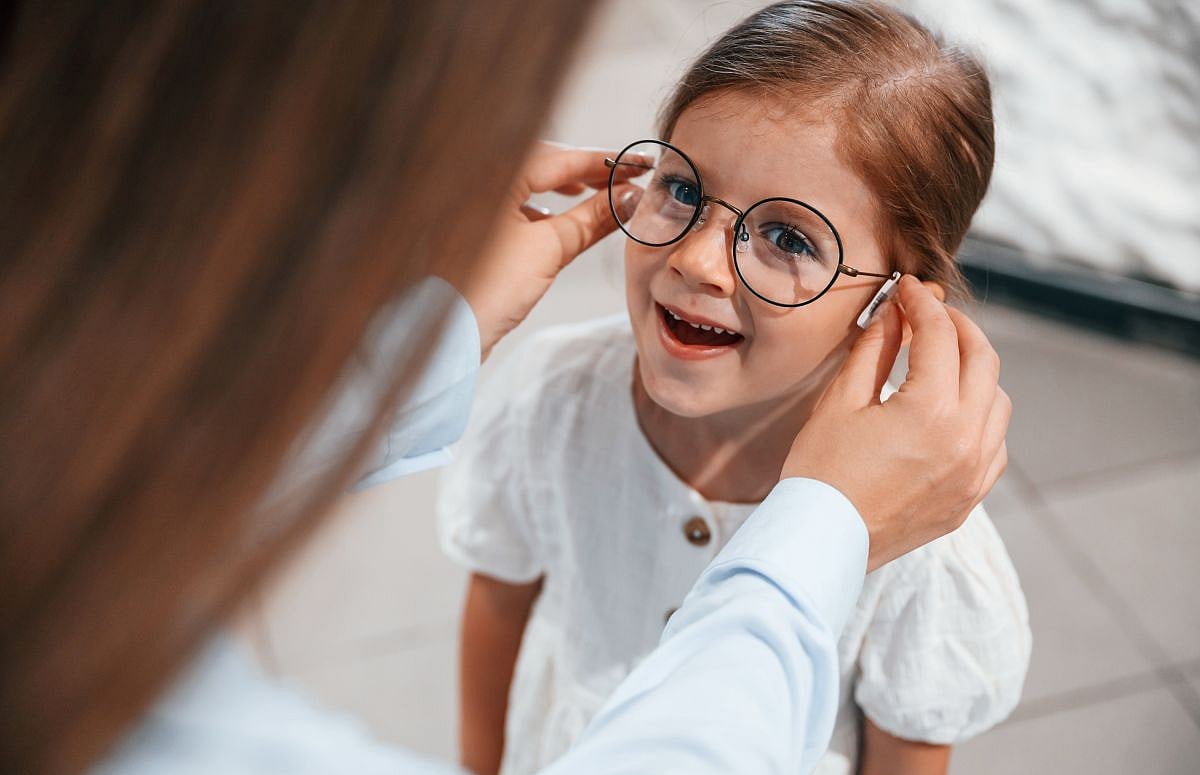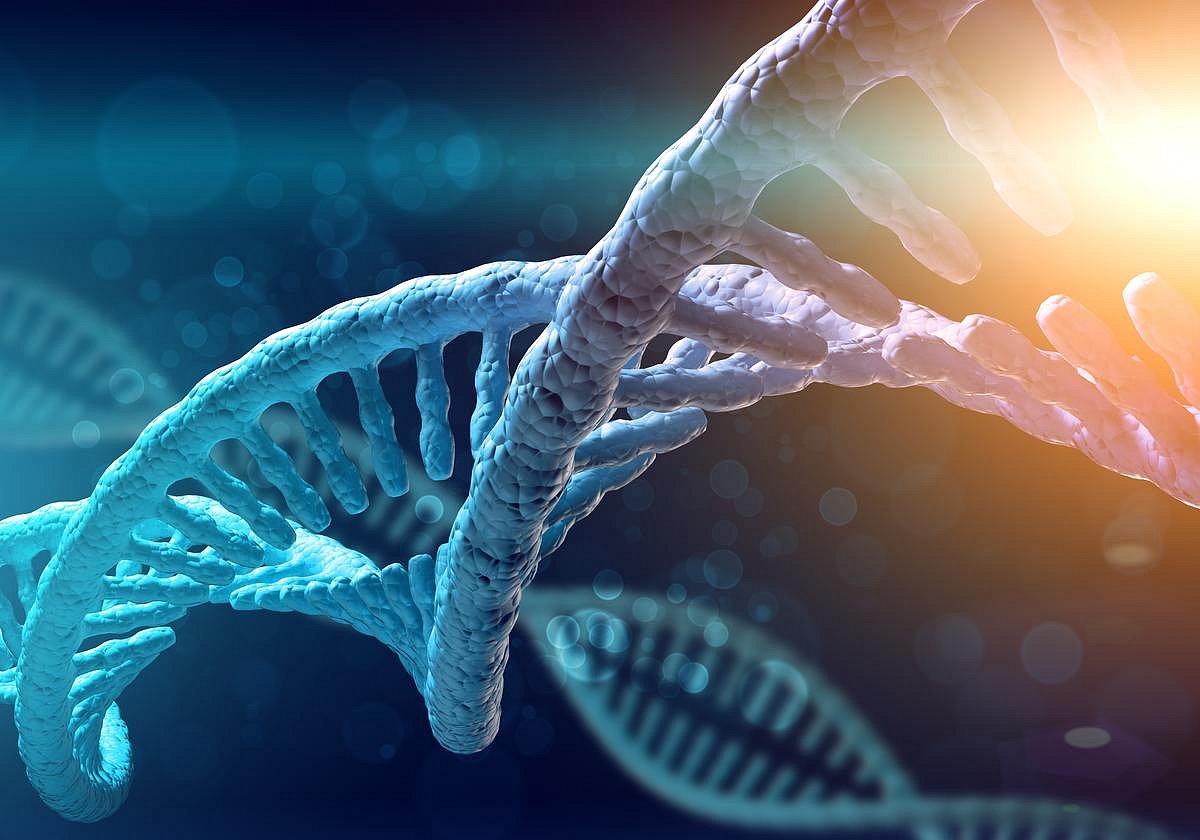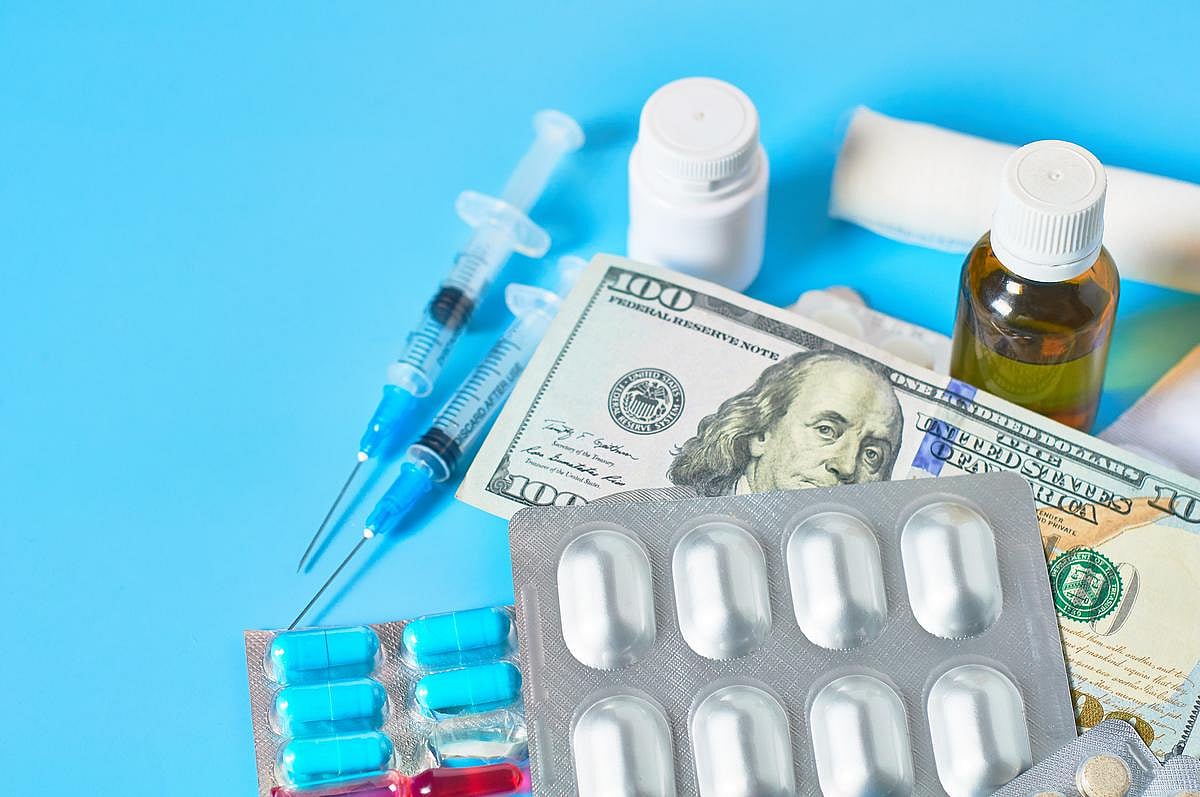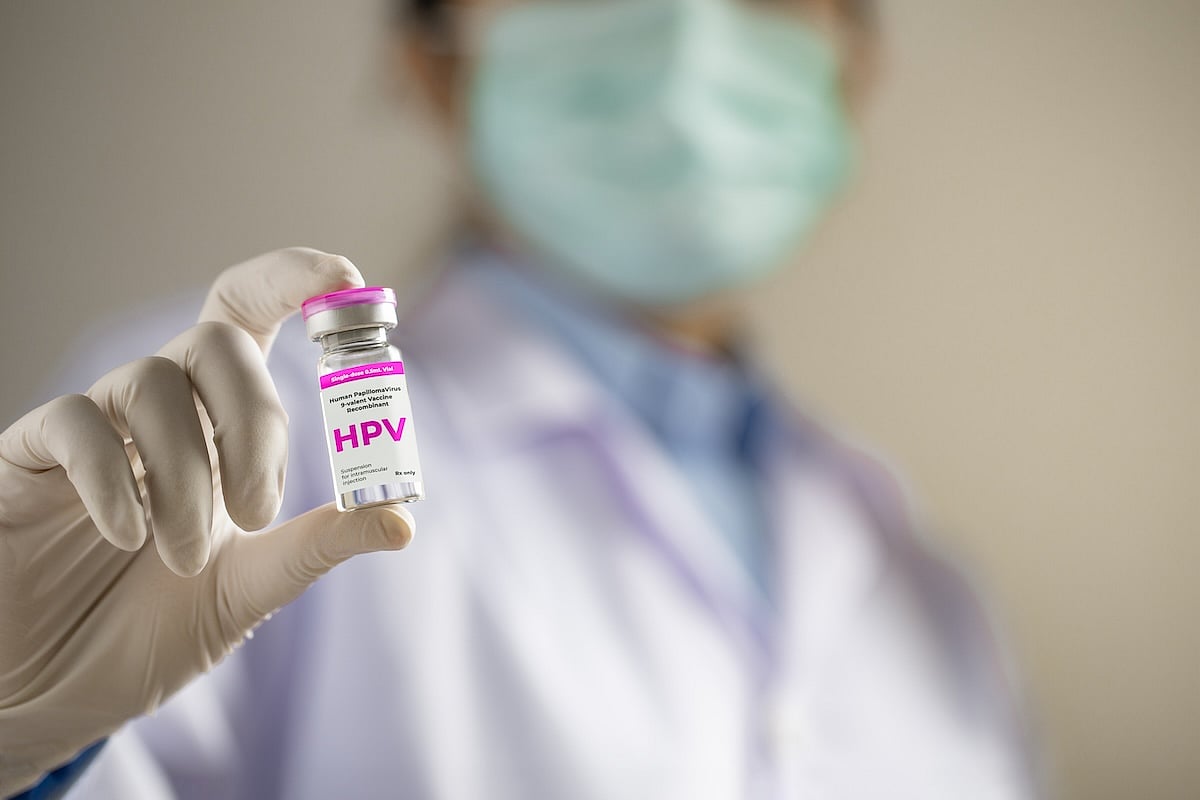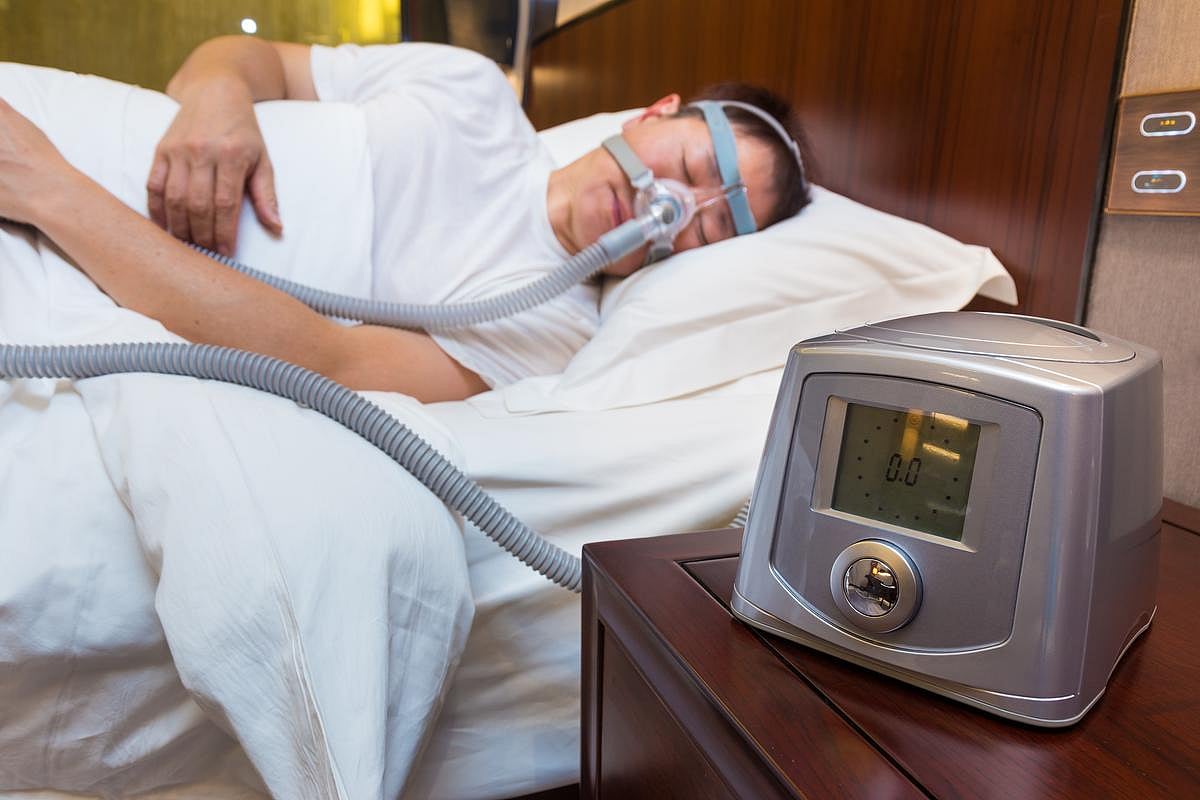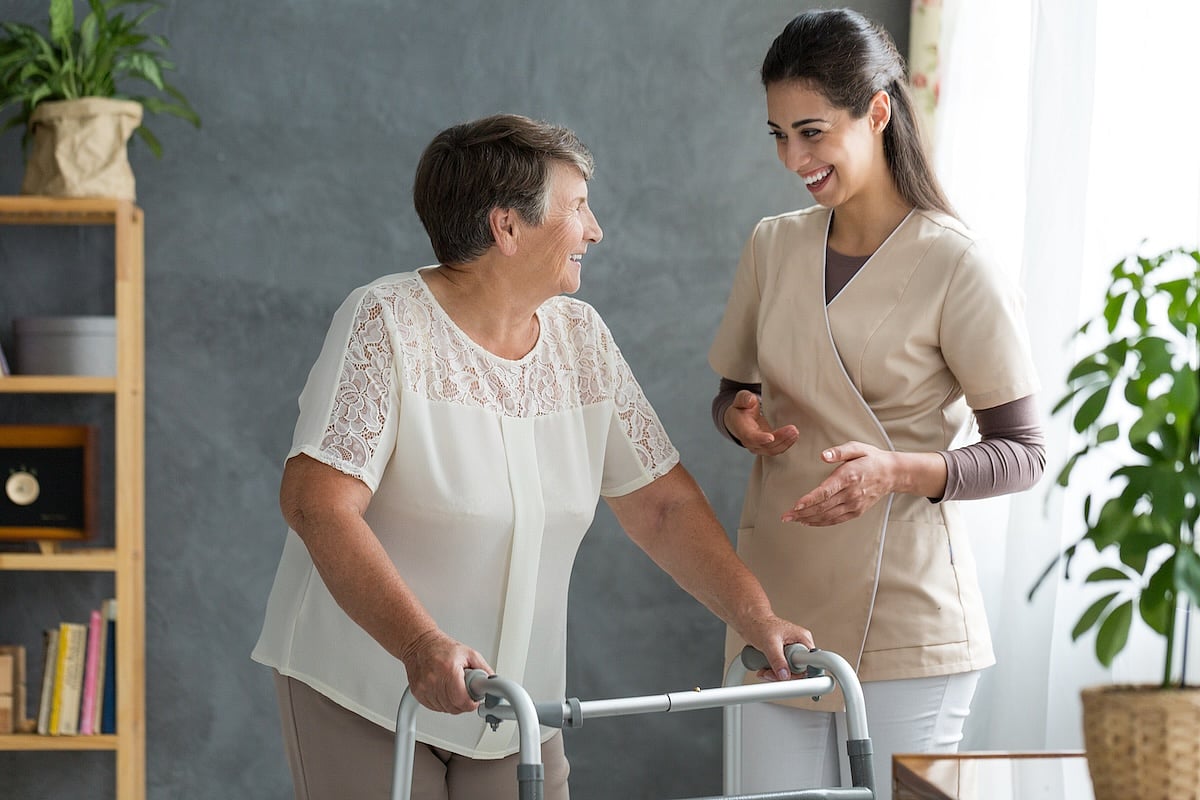
Long-term exposure to a chemical used in metal degreasing and dry cleaning might increase the risk of Parkinson’s disease, a new study says. Seniors living in places with the highest airborne levels of trichloroethylene showed a 10% higher risk for Parkinson’s than those in areas with the lowest levels, researchers report in the journal Neurology.… read on > read on >










